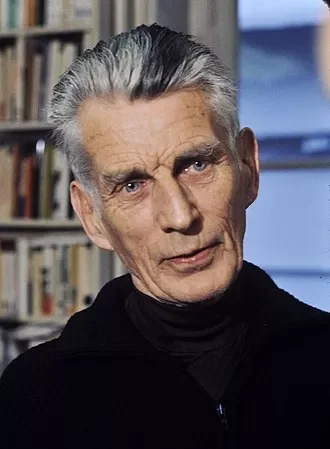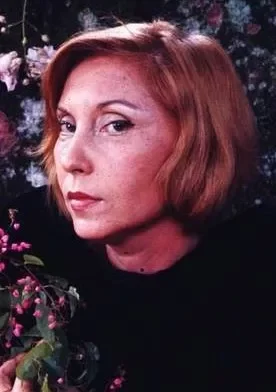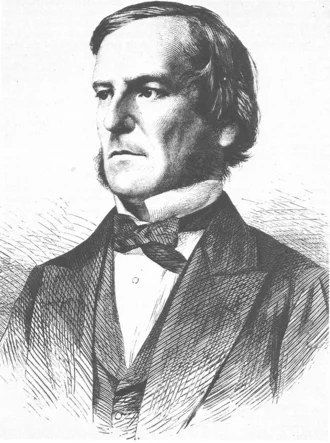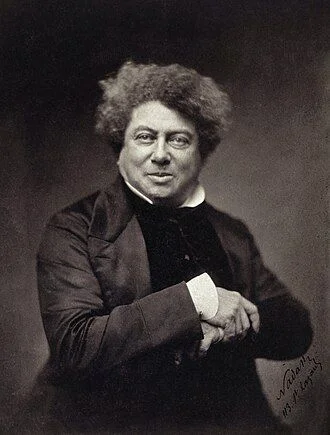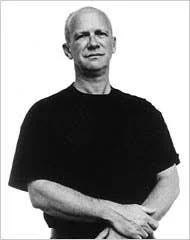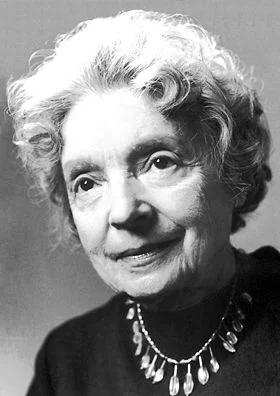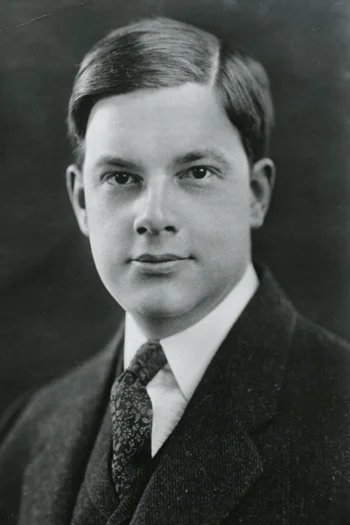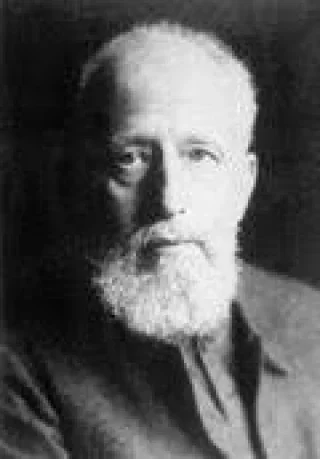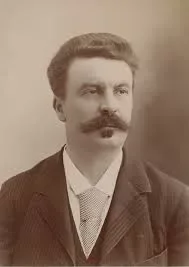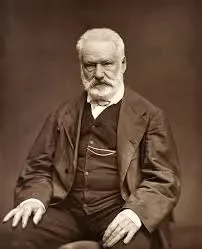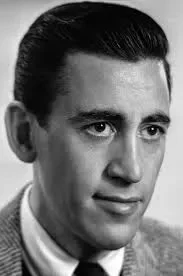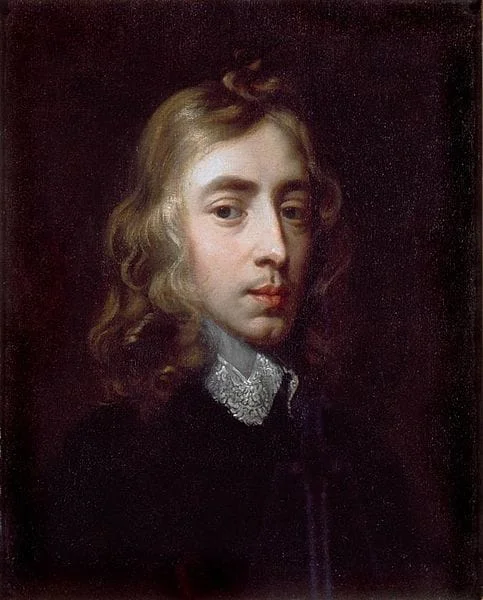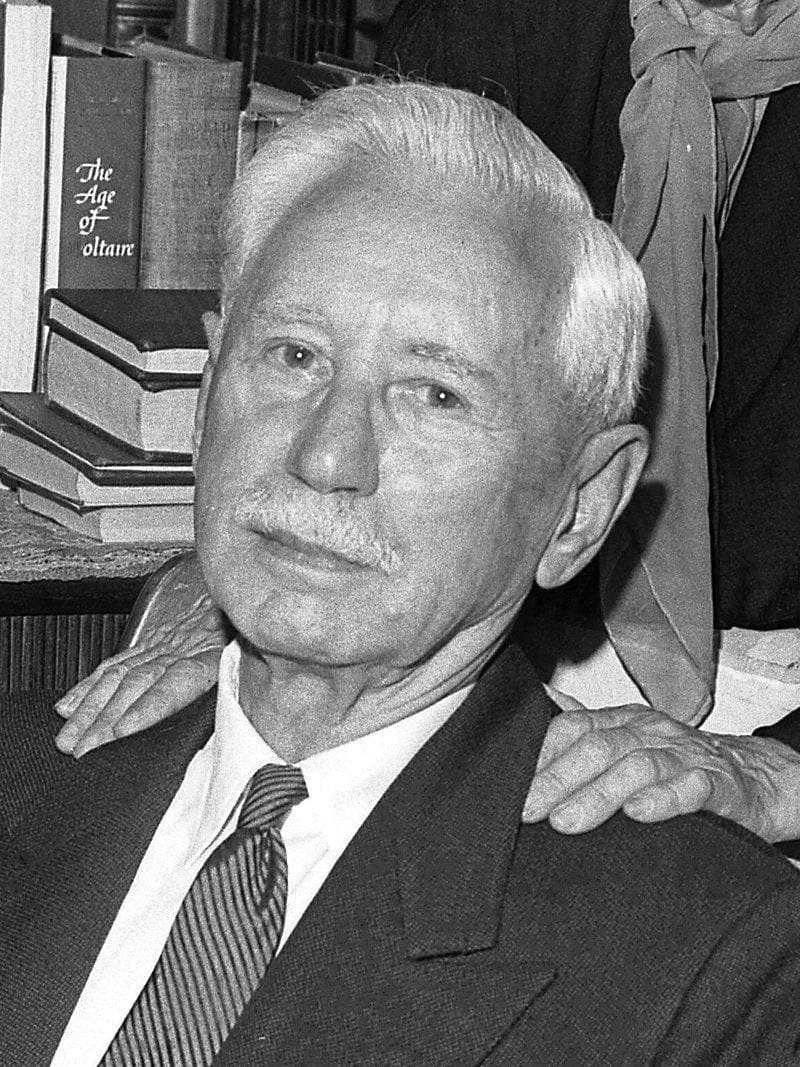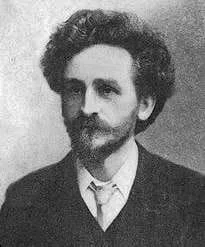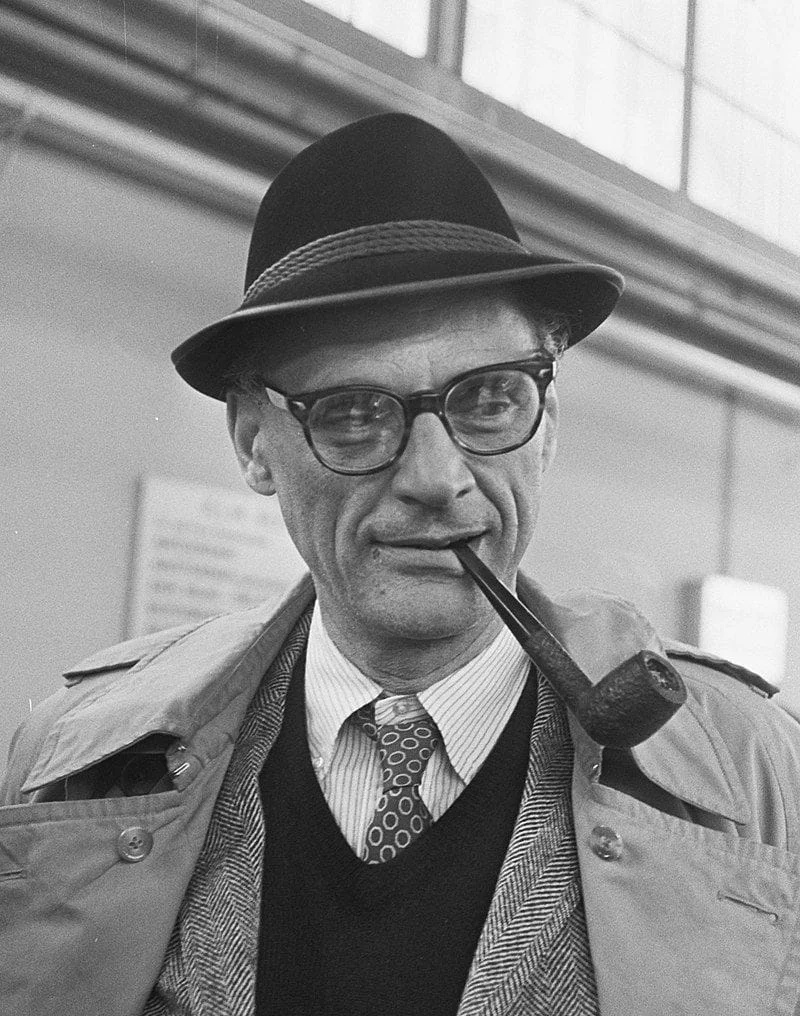Real Celebrities Never Die!
OR
Search For Past Celebrities Whose Birthday You Share
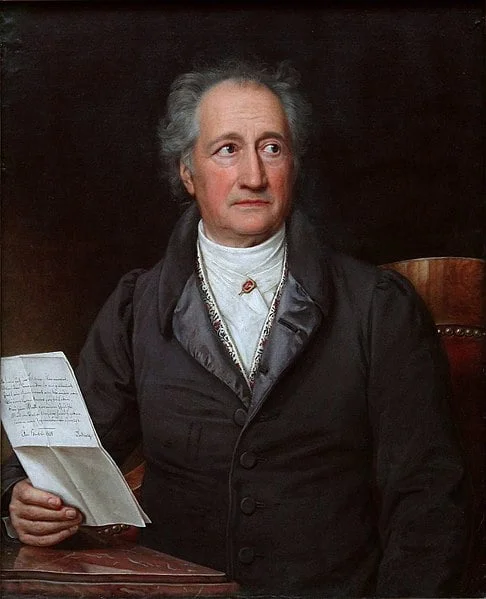
source:wikipedia.org
Johann Wolfgang Goethe
Birthday:
28 Aug, 1749
Date of Death:
22 Mar, 1832
Cause of death:
Heart attack
Nationality:
German
Famous As:
Natural
Age at the time of death:
82
Johann Wolfgang Von Goethe's Quote's
Johann Wolfgang von Goethe, a towering figure in German literature and a polymath of the Enlightenment era, was born on August 28, 1749. His contributions extend beyond literature, encompassing philosophy, science, and government service.
Early Life and Education
Goethe grew up in a culturally rich environment, with his father being a well-to-do lawyer. His early education was marked by exposure to the classics and the humanities. At the age of 16, he began studying law in Leipzig, but his passion for literature and philosophy led him to explore a broader range of subjects.
Literary Breakthrough
Goethe’s literary career took flight with his debut novel, “The Sorrows of Young Werther” (1774), a poignant exploration of unrequited love. This novel catapulted him to fame across Europe. The protagonist’s tragic end resonated with the Romantic movement, establishing Goethe as a leading figure in this literary and artistic shift.
Magnum Opus: Faust
Goethe’s magnum opus, “Faust,” is a seminal work that he continued to develop throughout his life. This epic drama delves into themes of human striving, temptation, and redemption. Additionally, Goethe played a crucial role in the Sturm und Drang movement, characterized by emotional intensity and a rejection of societal constraints.
Contributions to Science
Beyond literature, Johann Wolfgang von Goethe displayed a keen interest in the sciences. He made significant contributions to botany, color theory, and morphology. His work on plant metamorphosis, as outlined in “Metamorphosis of Plants,” demonstrated his ability to bridge the gap between the arts and the sciences.
Political Involvement
Goethe’s talents extended to the political realm. He served as a minister in the government of the Grand Duchy of Saxe-Weimar-Eisenach, contributing to legal reforms, infrastructure projects, and cultural initiatives. His commitment to civic duty and governance showcased a multidimensional aspect of his character.
Later Years and Continued Influence
As Goethe aged, his literary output continued to impress. He completed “Faust” and wrote the influential Wilhelm Meister novels. His later works reflected a deepening philosophical exploration and a mature perspective on life’s complexities.
Personal Life and Relationships
In his personal life, Johann Wolfgang von Goethe experienced both triumphs and tragedies. His romantic entanglements and friendships, including those with Charlotte von Stein and Friedrich Schiller, greatly influenced his literary works. Goethe’s ability to intertwine personal experiences with universal themes added depth to his writings.
Legacy and Death
Johann Wolfgang von Goethe passed away on March 22, 1832, leaving behind a profound legacy. His impact on German literature and culture is immeasurable, and his ideas continue to shape discussions in philosophy, literature, and the arts.
Name:
Johann Wolfgang Von Goethe
Popular Name:
Johann Wolfgang Goethe
Gender:
Male
Cause of Death:
Heart attack
Spouse:
Place of Birth:
Free Imperial City of Frankfurt, Holy Roman Empire
Place of Death:
Weimar, Grand Duchy of Saxe-Weimar-Eisenach, German Confederation
Occupation / Profession:
Personality Type
Executive: Excellent administrators, unsurpassed at managing things or people. He was great at managing people.
Beethoven was inspired by Goethe's works, particularly "Egmont." He composed incidental music for this play, and the famous "Egmont Overture" remains one of Beethoven's notable pieces
"Faust," Goethe's most famous work, was not completed in one go. He worked on it for most of his life, with Part I published in 1808 and Part II published posthumously in 1832.
Goethe, in his work "Theory of Colors," challenged Sir Isaac Newton's ideas on color. He proposed a more subjective approach to color perception, considering the psychological effects of color rather than purely scientific principles.
In addition to his literary pursuits, Goethe made significant contributions to morphology—the study of form and structure in living organisms. His ideas challenged prevailing scientific views of his time.
Bavarian Maximilian Order for Science and Art 1805
Honorary Citizenship of Frankfurt: In 1824
Order of the Red Eagle 1792
Statue in Vienna

